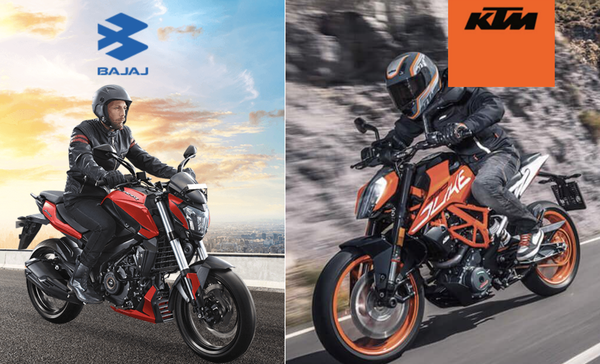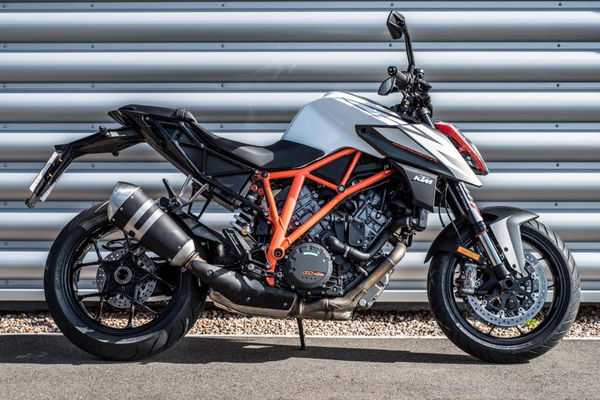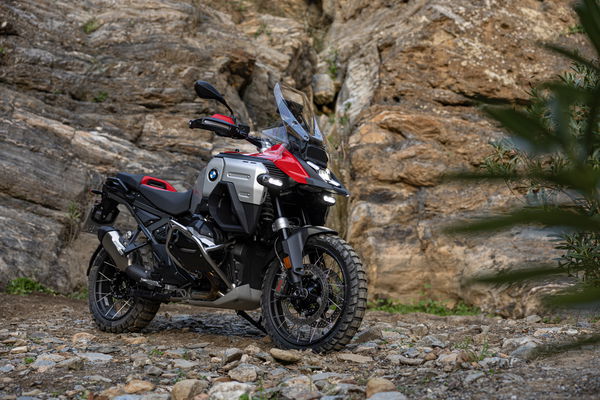More than just shareholders: KTM, Bajaj to develop electric bike range
The prospect of a volume electric KTM motorbike range has taken a step forward following talks with of a collaboration with partner Bajaj Auto

After a decade of keeping their partnership largely financial and limited to engine construction, KTM and Bajaj Auto are set to step their commitment to one another by joining forces in developing a range of high-end electric motorbikes.
Bajaj, which retains a 48 per cent stake in KTM, has already begun work on developing electric scooters to sell in India as a first move towards doing its bit in cleaning up the act of one of the world’s most pollutant countries.
However, this project – according to Indian financial website, Moneycontrol – is a different, more ambitious plan that sees Bajaj go into a direct collaboration to build electric powertrains that can be used within the KTM range.
“At this stage I can say that we are entering two-wheelers. We are not ready to say whether it’s a scooter or a motorcycle but we are open to the full spectrum and we are working very closely with our strategic partner KTM to look at electric solution for high-end motorcycle also.”
The publication says the project includes the Swedish Husqvarna sister brand, but the bikes would be built at Bajaj Auto’s plant in Pune, India. Whilst little known to western markets, Bajaj is a major player in its native India and was in partnership with Kawasaki until 2017 too.

Bajaj to be the KTM's entry point to electric motorbikes?
These comments appear to unfurl a potential roadmap for KTM’s electric future as it grapples with the expensive prospect of developing a wider range of electric motorbikes in line with governmental tariffs and fossil fuel ban deadlines, albeit against a market that has been hesitant (at best) to adopt such a shift in the market.
KTM has been an early adopter of the electric-movement and has dabbled with the sale of its KTM Freeride E-XC, but it remains relatively specialist.
It means mutually beneficial tie-ups with firms like Bajaj, which can potentially develop emission-free powertrains – or have already explored the possibility of doing so – for their low-end, high volume range are an attractive entry point for mainstream manufacturers like KTM that can’t afford to develop such an expensive programme alongside it’s traditionally-powered projects at the same time.
Indeed, a wholesale move towards focusing on electric motorbikes is a risk for any mainstream manufacturer since it risks alienating its existing clientele with no guarantee of new buyers being attracted to an emission-free range.
It goes a long way to explain why many of the big manufacturers have explained their vision for the future without showing much in the away of action… as yet.











